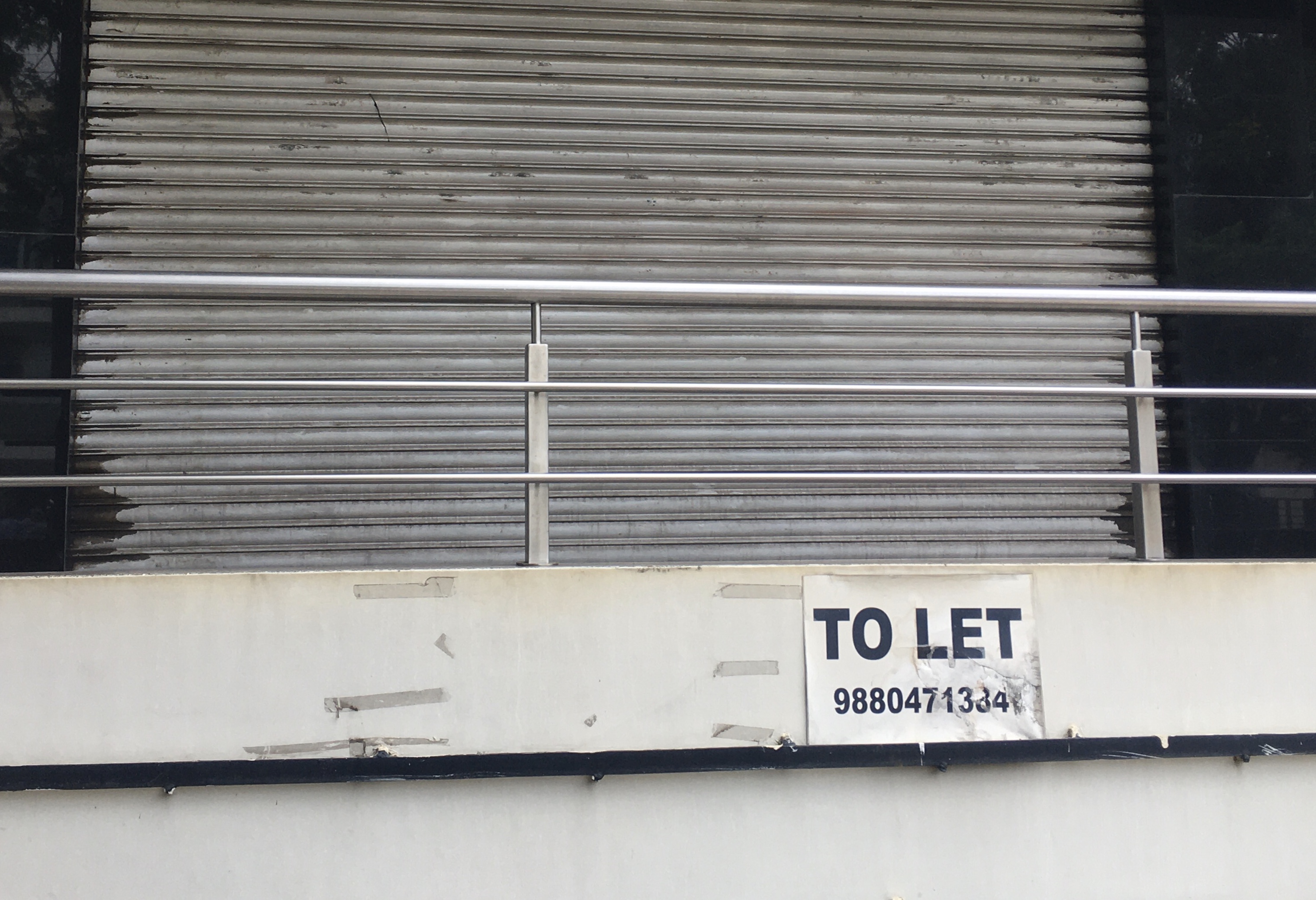
2 lakh small biz perished amid pandemic in Karnataka: Industry body
The coronavirus pandemic is posing an existential threat to small businesses in Bengaluru amid the unlocking phase. While the initial days of the lockdown brought the economy to a standstill, the unlocking phase hasn't helped much as sales haven't picked up.

The coronavirus pandemic is posing an existential threat to small businesses in Bengaluru amid the unlocking phase. While the initial days of the lockdown brought the economy to a standstill, the unlocking phase, which the government had thought would revive the ailing industries, hasn’t helped much as sales haven’t picked up.
The Federation of Karnataka Chamber of Commerce and Industries (FKCCI) estimates that nearly one tenth of the 20 lakh small scale industries and vendors (9 lakh registered under GST and another 11 lakh unregistered) in the state have shut permanently in the wake of the pandemic. They fear another 8-10 per cent could shut businesses if relief measures do not reach the affected.
Related news: Signs of economic recovery post easing of curbs: RBI Governor
“The effect of COVID-19 is such that from vegetable vendors to coconut merchants, hoteliers, readymade garments sellers, book sellers, small scale industries and vehicle service providers — all are affected. We see ‘to-let’ boards in front of commercial establishments across the city. It’s a worrying sign,” said C.R. Janardhana, president, FKCCI.
He says that owners are not in a position to repay business loans and bear the high cost of rent with lack of sales during the unlock phase. Besides, the option of work-from-home has pushed people working in the IT sector to move out of Bengaluru. The FKCCI has opened a helpdesk to help the entrepreneurs who are on the verge of shutting down.
Businesses like restaurants, hotels, paying guest accommodations and tea vendors, who were dependent on the office-going crowd, now stare at an unforeseen downturn. With people losing jobs and facing pay cuts, spending too has come down, which in turn has affected sales.
For instance, Ragahvan from Tamil Nadu, who used to run a small South Indian restaurant next to an office building in the Kodihalli area, has now been forced to work as a cashier in another eatery. When CM BS Yediyurappa had announced there’d be no more lockdown, he had called in his workers, mostly from Bihar and Tamil Nadu, planning to open his eatery from July 1. But another nine-day lockdown was announced from July 14. Now even though the lockdown has been lifted, he hasn’t opened his business. His workers have returned and he has taken up job at another restaurant.

“How can I pay the rent when there are no sales? I see no sign of recovery. Barely anyone comes to these office buildings. We haven’t received any government help thus far,” said Raghavan, who used to run his eatery from a three-floor building that he had taken on rent at ₹70,000 per month.
Similar is the case with another food and beverage chain, ‘Juice Maker’. They had kept the business shut for the past one month. Not just the shopkeepers and traders, but even the street vendors are facing immense difficulty to keep their businesses running.
In a bid to support the struggling micro, small and medium enterprises (MSMEs), Finance Minister Nirmala Sitharaman had in May announced ₹3 lakh crore collateral-free loans. She said the move would help 45 lakh MSME units across India in resuming business activities and safeguarding jobs. She also said ₹10,000 loan will be given to the needy vendors.
However, the move doesn’t seem to have any effect on the ground. Many of the vendors are still struggling to cope with the crisis.

S Babu, president of Bangalore Street Vendors’ Association, who took to street demanding relief measure and easing of lockdown norms so that they could sell their products on the streets, said they appealed to the city’s Mayor and Commissioner to resolve their problems, but no action followed. Then they appealed to the chief minister as well, via e-mail, but received no response. “We fight for our daily needs. How will we sustain without the government’s intervention?”
The Hubballi Chamber of Commerce says, except for hotel and garment businesses, and cinema halls, all others have resumed business.
“Unlike in Bengaluru, shop rents are not high here and businesses too are not dependent on the IT crowd who’ve now moved back to their respective states and districts with easy work-from-home options. So the impact is less up north,” said Kishor Ladhad of Hubballi Chamber of Commerce.


